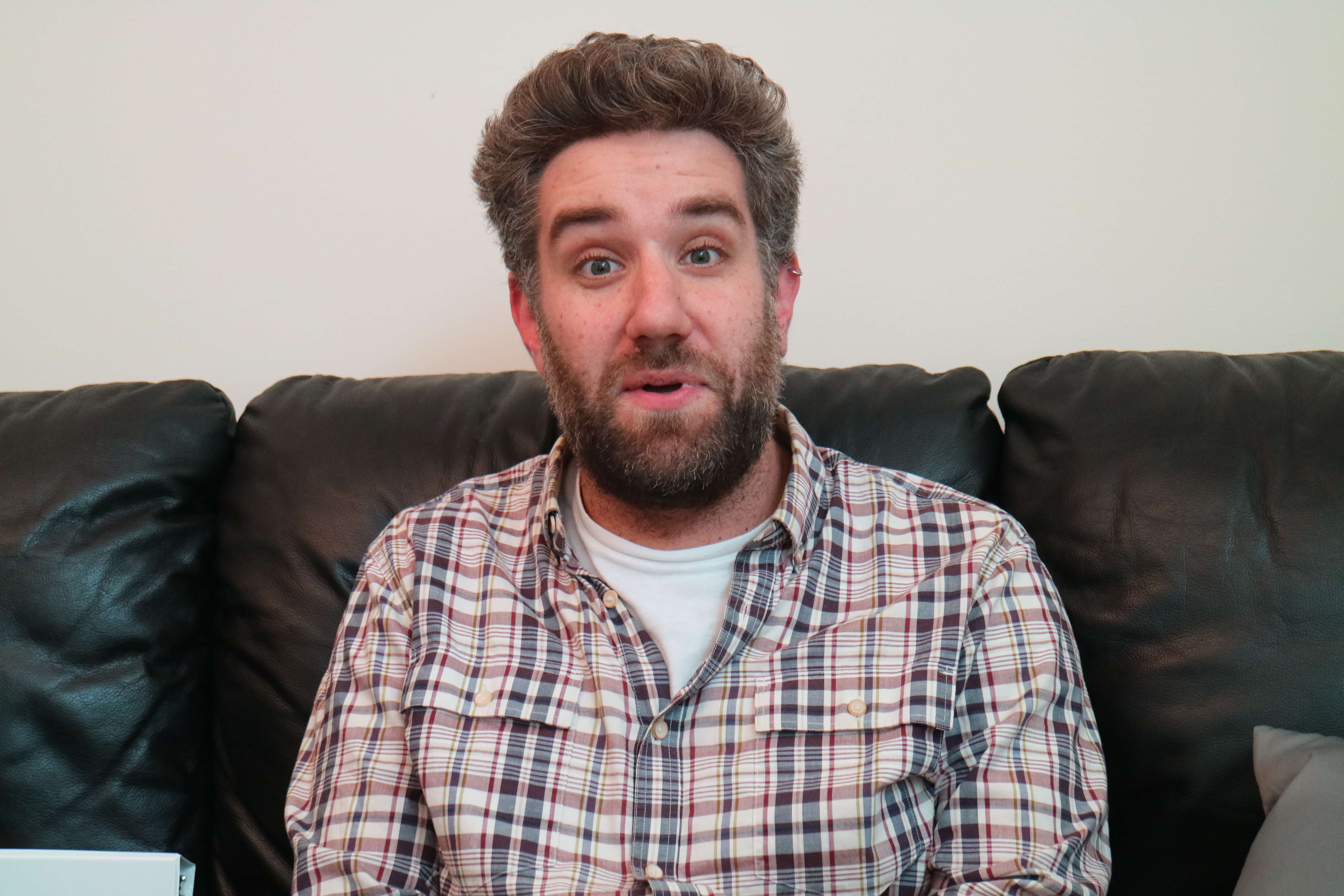
Q: In a couple sentences, tell me about what you do in your work.
A: We look at proteins, macromolecules within cells and we try to determine what structures they take on, what their shapes are and how they move between structures as they execute their functions within cells.
Q: What’s your favorite part about being a scientist?
A: Being a scientist is really fun because there are no rules and you never know what you’re going to be doing a few months down the road. It’s just full of unexpected twists and turns. My favorite part is that I don’t know what I’m going to be doing in the future.
Q: What have you created or discovered that you are most proud of?
A: I’m most proud of the work from extracting multiple structures from a single experiment. We’re very interested in how averaging can be misleading and how you can extract out the truth by breaking apart the average into different constituent parts.
Q: At the end of the day, why does your work matter?
A: I don’t know that it does. It matters to me because we’re doing stuff that we don’t know the answers to, but whether those answers end up mattering for something other than knowledge, is unknown.
Q: Outside of work, what do you do to relax?
A:I don’t relax! I don’t relax at all, I’m always stressed. No, I don’t know...I play basketball. We have a kid and that’s not relaxing. Having children is not relaxing. I used to be able to relax before we had a kid.
Part of what’s fun about being a scientist is being obsessed with things, having a lot of time to work on it, being able to structure your own day, and being able to abandon all other aspects of your life for science whenever you want. Having external responsibilities is not good for that. I try to play basketball twice a week, but even that doesn’t relax me because I get very stressed out if I don’t win. I’ve been trying to make some time to watch basketball too. But lately, the games have been horrible to watch because the Warriors are so good that the games are over so early, and there is no drama.
Q: What situation do you think you’d feel the most out-of-place in?
A:I don’t get very uncomfortable very easily. I guess I’d be very uncomfortable around a group of neo-Nazis or ethno nationalists (you know, like the ones that run our country right now).
Q: In 100 years, what do you want to be remembered for?
A:I don’t know that that question drives me as much as it used to. I think I’ve gotten less egotistical as I’ve gotten older. When I was 12 I wanted to be the greatest basketball player of all time. When I was 22, I wanted to be the greatest scientist ever. Now I am inspired by my UCSF colleagues. But I at least want to be known as a good person and mentor, and that in 100 years there will be a line of people whom I’ve worked with and that they’ve worked with, and that all these people are good to each other and did fun and exciting stuff scientifically, because I feel like I had really great, fun-loving mentors.
Journalism & Photography Credit: Alexa Racourt